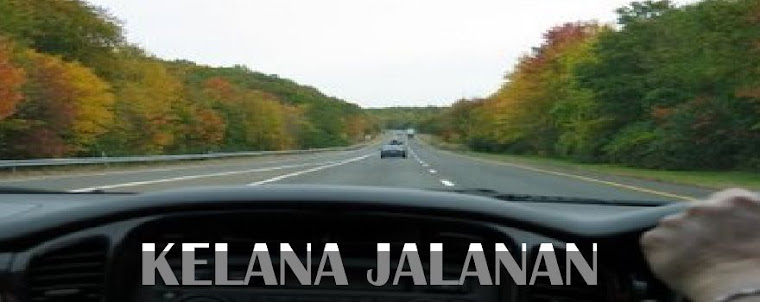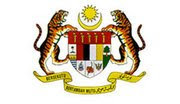 Briefly let share my favorite topic, “The Epic Of Poverty “ as seen by a Medical Doctor from Ranau.
Briefly let share my favorite topic, “The Epic Of Poverty “ as seen by a Medical Doctor from Ranau."During my 2 years in Ranau, I've heard and seen it all, patients with cerebral malaria, a condition unheard of in Peninsular Malaysia, coming in after 48 hours to the hospital from places like Kaingaran and Karagasan, with relatives having to push the 'pirate taxi' through the mud, spending RM50 on fare during the monsoon season, the equivalent of 2 months income, this too when petrol was only around RM1.20 a liter in Ranau.
Patients having to delay treatment for life threatening conditions because a bridge washed away along the trail (I won't even call it a road) to Tambunan. Emergency surgery such as caesarian sections, appendectomies and even ectopic pregnancies had to be performed in our little district hospitals by Medical Officers with little more than 4 months housemanship experience.Medical emergencies such as myocardial infarctions, which in Peninsular Malaysia would be managed in a Coronary Care Unit setting, had to be managed in the district hospital level.
I'm grateful however, that my staff in that hospital were the best I've ever had the pleasure of working with and were dedicated enough to want to make a difference in their patients' lives.But poor transportation does not only affect the access to healthcare. Having no roads to be able to transport their agricultural produce for sale means that these people are stuck in a never ending cycle of poverty.
At most, some of them get RM20 to RM50 by selling their produce to middlemen to be sold at the monthly tamu or market at prices that are perhaps only 10 percent of the value of the goods. These innocent people are also preyed upon by traveling cloth merchants, mostly foreigners, who offer them 'easy payment schemes' to buy cloth for clothes, and when they cannot pay for the cloth and the interest accumulates, they end up having to marry their daughters to these men, who often have wives back home in Pakistan.
One of the cases I could never forget was of the family who came to Ranau Hospital just as I was leaving, a family who had failed crops, were hungry and unable to get food. The father collected some toad eggs and fed them to the whole family in a desperate attempt to stave off hunger. When they arrived at our little emergency room, one of the children were dead and two passed away within 10 minutes of arrival in our casualty unit due to poisoning.
Major towns in Sabah have electricity courtesy of the Sabah Electricity Board, but smaller villages have either diesel generators or rely on candles or lamps when night falls.How can children study in these conditions? Like many doctors in the districts, I had to learn Dusun to communicate better with these patients who could speak little else.By all means, declare Sept 16th a public holiday, but remember it in its real context, where we made a promise to our brethren in Sabah and Sarawak to treat them as equals in Malaysia, and give them the development they've been long denied.”


 If the reasons for shelving some of the projects is the global economic environment uncertainty, then by all means do it. Hoping it is not amounting to a major blundering national catastrophe . Like tsunami or hurricane Katrina or something.
If the reasons for shelving some of the projects is the global economic environment uncertainty, then by all means do it. Hoping it is not amounting to a major blundering national catastrophe . Like tsunami or hurricane Katrina or something.





























